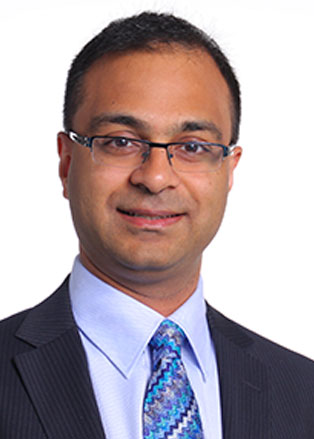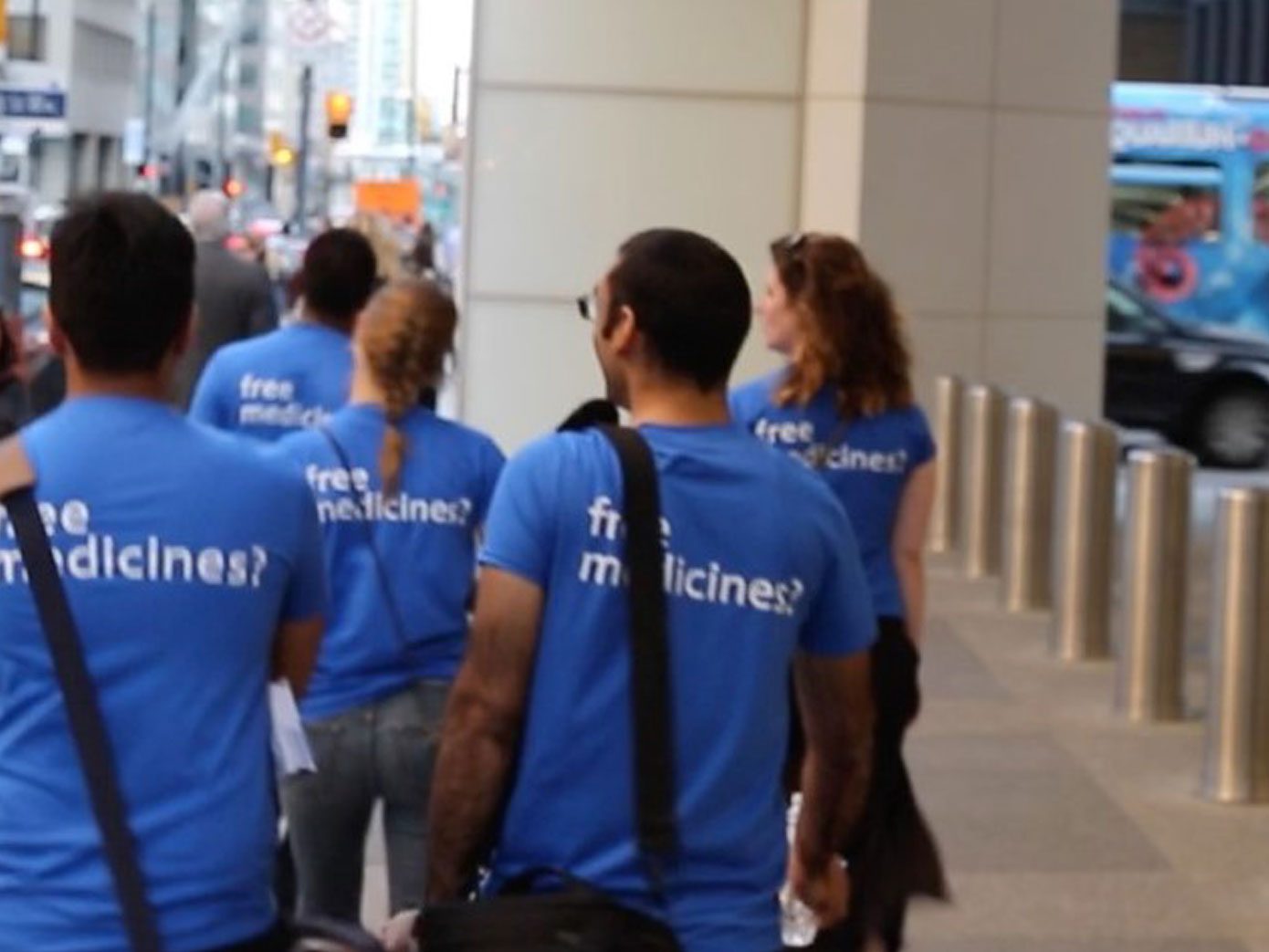

The impact of providing carefully selected essential medications at no charge to primary care patients
Issue
- Canada is the only developed country where people access healthcare services for free but more than half of medications are paid for out-of-pocket. It is well-known that taking prescribed medications is an important determinant of health outcomes; however, approximately one-half of treatments for chronic disease are not taken as directed. Cost is one of several causes of poor adherence and it is particularly important for vulnerable people.
Project
- This project measures the effects of providing free, convenient access to a carefully selected set of medications to adult family practice patients who have trouble affording medications.
- These effects include: patient experiences, medication adherence, prescribing appropriateness, health outcomes and health care costs.
- The study is being conducted in family practices throughout Ontario, including northern and rural communities.
Patient engagement
- Patients are engaged in all aspects of this project from planning and design to dissemination and uptake activities. The research team took to the streets of Toronto to identify patient partners and collect patient perspectives on the project.
- The Toronto Central Local Health Integration Network (TC LHIN) also contributed funding and staff time to collect feedback from the community on the list of medications to be provided in this study.
- A Community Guidance Panel was established with 11 individuals of diverse backgrounds encompassing ethnicity, language, socioeconomic status, Aboriginal status, health status and disabilities. The panel helped co-design the intervention and solicit input from groups not well-represented on the panel. Two Citizen Panels (one in Toronto and one in Northern Ontario) will be convened at the end of the study to consider policy options related to study findings and issue recommendations.
- The patient engagement process will be evaluated in partnership with McMaster University and Patients Canada. The project team has worked with filmmakers to document some aspects of the patient engagement process and demonstrate the valuable contributions of patients to the research program.
- Patient experience videos:
- Dale –https://vimeo.com/259351121
- Olivia- https://vimeo.com/259353095
- David- https://vimeo.com/259350684
Publications and Multimedia
- Adherence at 2 years with distribution of essential medicines at no charge: The CLEAN Meds randomized clinical trial, PLOS Medicine, May 21, 2021
- Effect on Treatment Adherence of Distributing Essential Medicines at No Charge, JAMA, October 7, 2019
- Acceptability and feasibility of a national essential medicines list in Canada: a qualitative study of perceptions of decision-makers and policy stakeholders, CMAJ, October 7, 2019
- Giving blood pressure and other essential medicines free improves health, trial shows, CBC News, October 7, 2019
- Community members co-designing a trial of medication access, CMAJ, November 7, 2018
- Podcast: Engaging patients in health research
Photo credit: CLEAN Meds
